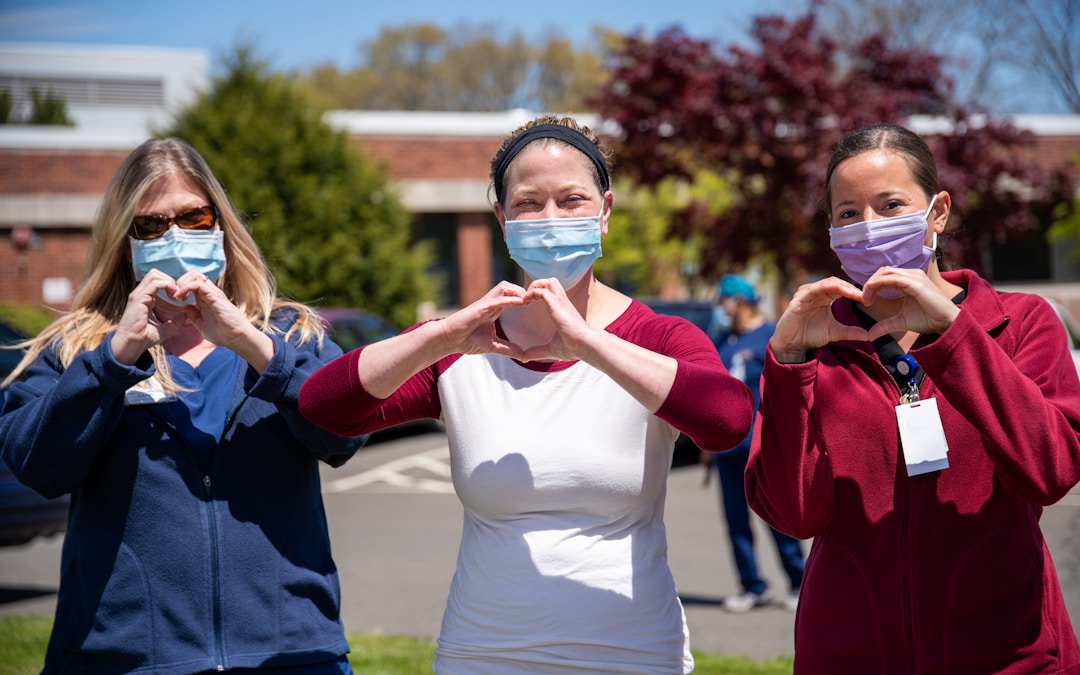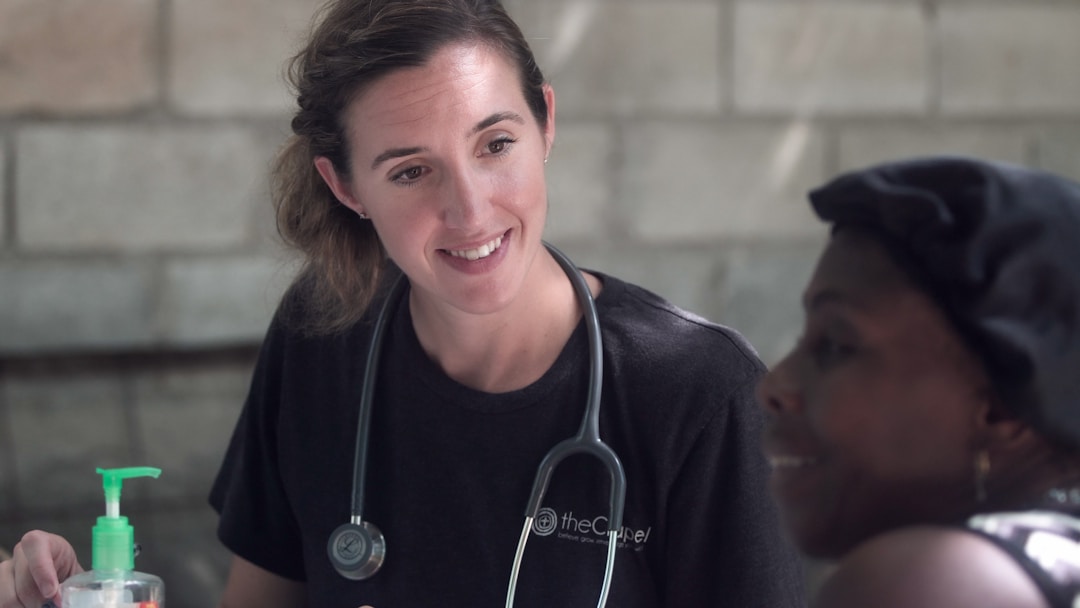The global pandemic has shown us all the importance of essential healthcare workers on a worldwide level. If you’re someone who enjoys helping people, making a difference, and has an interest in science or anatomy, finding a job in the field of healthcare is a great way to help out and secure your own financial future. For a few careers in healthcare that you may want to give some thought to, read on.
Mental Health Services

Whether you suffer from a panic disorder or depression or know someone who has, you likely know just how serious a panic attack or long term depression can be. Sadly, many people don’t realize how important mental wellness is to our overall health. However, for those who understand the systemic ties between the body and mind, you might be interested in a career in psychotherapy. Whether you have years of experience working with people or would be new to the field of psychology, this knowledge area can be applied to many facets of healthcare.
By heading back to the classroom to learn about anxiety disorders, panic attacks, substance abuse issues, anxiety, depression, and more, you could find yourself working in panic anxiety and depression center and applying course material your instructors taught you to help change lives. By becoming a therapist, psychotherapist, psychiatrist, or drug and alcohol counselor, you would also be in the position to know that your work makes a difference.
Direct Nursing and Patient Care

If you’re someone who enjoys working closely with people, doesn’t mind working through strict education requirements, and enjoys a combination of online training and clinical programs, a direct nursing degree program could be a great career path for you. Even if you already are a registered nurse or nurse’s aide, your work with clients could touch the lives of people in a number of ways. From giving patients hope and practical answers to helping support doctors and other medical staff with patient treatment plans and care, your work as a direct patient nurse will be meaningful.
The opportunities for patient care and the roles you could play in helping people with direct nursing are nearly limitless. By obtaining a professional certificate in nursing, you’d be giving yourself the opportunity to experiment with many roles and specialties, too. Perhaps you’re someone who’s always had an interest in medicine and would enjoy working with babies or pregnant mothers. The great thing about direct nursing care is that you’d be able to pick a specialty area that felt most fulfilling to you. That is, where one nurse might implement best practices while carrying a stethoscope, you could be taking care of pregnant mothers-to-be with the use of a pocket ultrasound iPhone as a midwifery nurse or nursing aide. The innovations in the realm of ultrasounds and medical imaging are incredible, and you could have a front row seat to the new ultrasound techniques that abound.
Healthcare Administration

Many people with credentials in direct patient care opt to use their skills for administrative work in the field of healthcare. As an administrator, you’d be able to combine years of experience helping to implement effective treatments with other skills on the business end of medicine. Perhaps you’re someone who’s always had an interest in setting hospital policy, managing patient data, or even running opportunities for colleges for things like PMP certification classes. If you’re business-minded, enjoy the human services part of the field of medicine, and are looking for a higher salary, administrative healthcare management could be a great career path to consider.
Even if your background isn’t in medicine or healthcare, you could easily apply skills from the business world and apply them to a healthcare setting. Organizational skills like staffing and scheduling are always needed in the healthcare industry. As an experienced business professional, especially if you have an MBA, the field of medicine could be for you.
Medical Support Staff

For those who aren’t interested in direct patient care, mental health services, or taking on a leadership role, another great way to make a difference is through work as a support professional. Whether you’re answering calls in a doctor’s office or working in a cancer care finance office, in using your real life skills to support doctors and nurses, you’ll be making a big difference, too. From janitorial positions to working in hospital cafeterias or security for the emergency room, you might be surprised how many options for new skills there are when it comes to playing a support role in a medical setting. These workers are essential to keeping things moving along and help people, too.
In reality, no matter what healthcare career you choose, you’ll be able to make a huge difference in the lives of many. Whether you go into mental illness counseling, work on a cardiac unit with a pocket ultrasound, become an education provider for wellness programs, or work in direct patient care, your work in the health sciences will change lives. If you’re in the position to reassess your long term career goals, obtain a certification, take online classes or even earn a four-year degree in the health sciences, you’ll be ensuring yourself a job and financial security for the future.

